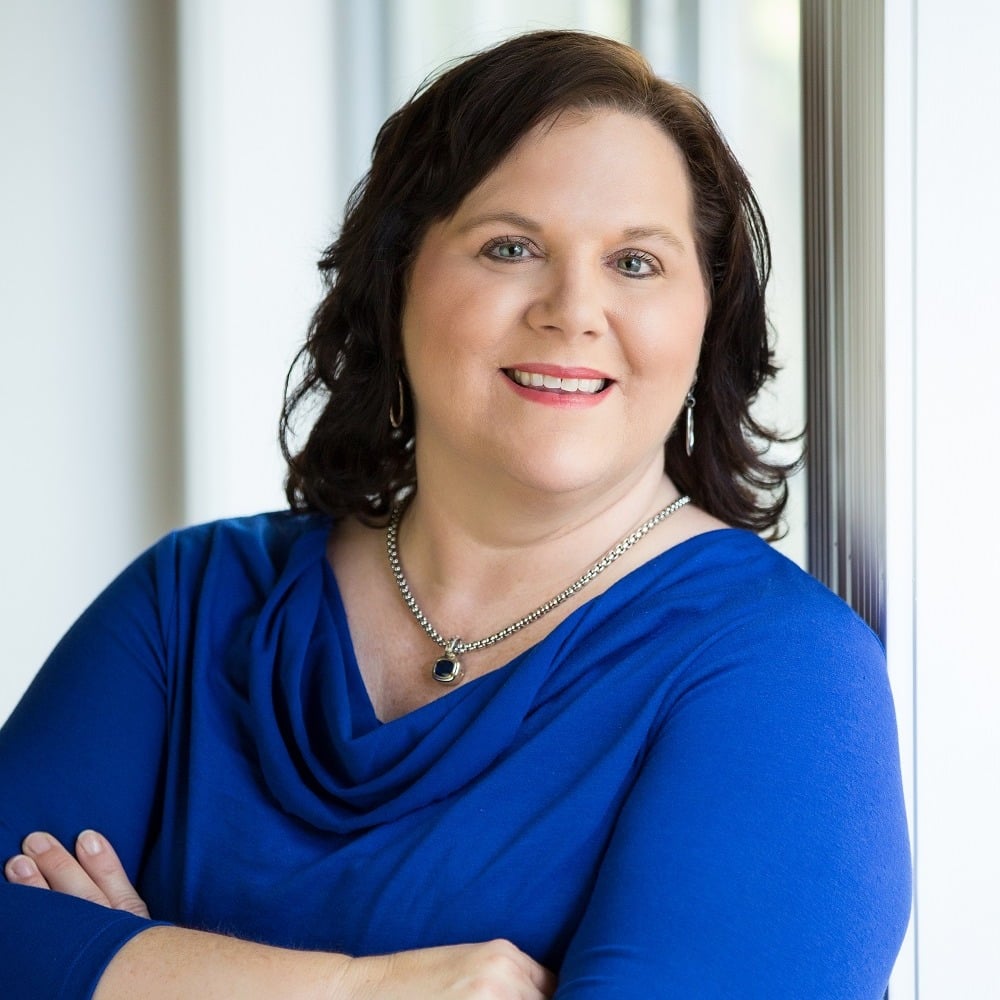 When it comes to buying a new home, different terms will be used, and you may not be familiar with all of them. This is especially true if you are a first-time homebuyer. It might seem like mortgages have their own language, from all of the different lenders and varying processes, documents, and requirements. To help decipher the mortgage language, we have put together this helpful glossary of common terms that explains them.
When it comes to buying a new home, different terms will be used, and you may not be familiar with all of them. This is especially true if you are a first-time homebuyer. It might seem like mortgages have their own language, from all of the different lenders and varying processes, documents, and requirements. To help decipher the mortgage language, we have put together this helpful glossary of common terms that explains them.
Mortgage Term
The term of your mortgage is the total number of years that you’ll be making payments. At the end of this term, you’ll own your home outright. 15-year and 30-year terms are the most common mortgage terms. The shorter the term, the higher the monthly payment, but you’ll pay off your mortgage in fewer months and typically pay less interest over the life of the loan. A longer term will feature lower monthly payments for a longer duration of time.
Principal
The principal of your mortgage is the total balance of your loan. If you buy a home and secure a mortgage of $200,000, on day one, your principal balance is $200,000; this total decreases over time as you make payments.
Pre-approval
A pre-approval is a document that tells you and a prospective home seller how much you afford to spend on a home. Your lender will provide you with a pre-approval letter based on your income, credit, assets, and other factors. This is an essential item to have before you begin shopping.
Appraisal
Your mortgage lender will require you to obtain an appraisal of your prospective property. This appraisal is an estimate of how much the home is worth. This process helps ensure that the lender is not lending out more money than the value of the property. The lender will help you schedule this appraisal.
Fixed-Rate Mortgage
A fixed-rate mortgage maintains the same interest rate throughout the life of your loan. This is an ideal choice if you believe that interest rates will increase before your mortgage is paid in full.
Adjustable-Rate Mortgage (ARM)
An adjustable-rate mortgage, or ARM, is a loan where the interest can fluctuate based on the market conditions. This type of loan begins with a short period of fixed interest. Once this introductory rate expires, the amount of interest you pay will depend on the market rate.
Debt-to-Income Ratio
Your debt-to-income ratio (DTI) is an important metric that will determine if and how much you can qualify for your mortgage. This ratio divides your recurring monthly debts plus the estimated new mortgage payment by your total gross household income. This is used to determine if you have enough money coming in to meet all of your obligations plus the new mortgage payment. The lower your DTI, the better.
Escrow
An escrow account is a separate account where your lender holds money for homeowners insurance, flood insurance, and property taxes. This account allows you to divide these required payments over 12 months instead of paying them all at once.
Closing Costs
Closing costs are comprised of the fees and settlement costs that will finalize your loan. These costs may include appraisal fees, loan origination fees, and more. Typically closing costs range between 3% and 6% of the total value of your loan.
Private Mortgage Insurance (PMI)
PMI, or private mortgage insurance, is required insurance on your loan if you owe more than 80% of the value of your home. This insurance payment is a portion of your monthly payment. Once you achieve 20% equity, you can opt out of this insurance.
These are only a few of the many things you’ll hear, see, and read throughout the homebuying process. The most important step you can take is to find an experienced, expert mortgage loan officer. For over 90 years, the team at Standard Mortgage (NMLS: #44912) has been helping home buyers and homeowners purchase and refinance their homes.





